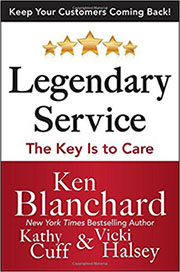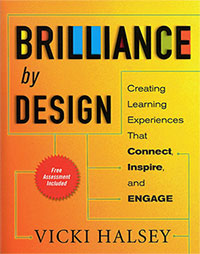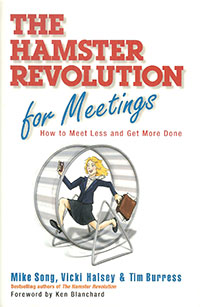 When The Ken Blanchard Companies embraced the future by creating a lesson on Situational Leadership® II with Ninth House (now PDI Ninth House) back in 1999, the clarion call was: Traditional stand-up training is dead. Online learning is going to take the world by storm. As a result, we became experts at virtual classrooms and blended solutions .
When The Ken Blanchard Companies embraced the future by creating a lesson on Situational Leadership® II with Ninth House (now PDI Ninth House) back in 1999, the clarion call was: Traditional stand-up training is dead. Online learning is going to take the world by storm. As a result, we became experts at virtual classrooms and blended solutions .
That was all good. But here’s the thing. Despite the fact that elearning today is a $56.2 billion industry, and corporations are reporting that elearning is the second most valuable training method they have, it turns out that the reports of the death of traditional training were premature.
The truth is, human beings are social. They learn better together than they do apart. We’ve spent the last decade realizing you can lead a learner to great content but you can’t make them think, especially when you are asking people to change—to evolve—to consciously choose to develop themselves as leaders. The act of learning is an evolutionary necessity, but in our experience people are willing to change only when they are given the right conditions.
To change, people need:
- A vision of how they will be more successful if they change—or, even better, a tangible sense of the pain they will suffer if they do not The aversion to possible pain is stronger than the siren song of potential pleasure.
- A very clear and tangible way to change. People need to be able to see where they are right now in terms of their development and where they want to be. They also need a sense of the road they will need to travel to arrive at their destination.
- Time and permission to focus on change. Getting people into a classroom for a day is no more effective than sending them a URL and login for elearning if there is zero support for the time and effort needed to apply new behaviors.
- Support for the change from people around them. Learning in groups and communicating what is going on to relevant stakeholders enables people to practice and make mistakes.
- Accountability for change. It doesn’t really matter who holds the person accountable— it can be a professional coach, a peer coach, a boss, a learning cohort, or an HR sponsor—but without accountability, very few people will make a change.
In our newest offering, Blanchard Online Learning, we’ve built in these supports. Our vision is to make Blanchard content more accessible and usable to a wider audience of people. We know that just because people prefer to get their online content in small, manageable chunks, enjoy using games to make it fun and video to make it fast, and embrace the concept of flip learning, it doesn’t automatically mean they will actually make that change. But with a little bit of work and know-how, you can greatly increase the chances they will succeed.
About the Author:
Madeleine Homan-Blanchard is a Master Certified Coach, author, and speaker and is a co-founder of Blanchard Coaching Services.

Read more http://leaderchat.org/2014/07/28/elearning-make-it-social-for-best-results-5-ways-to-support-change/






